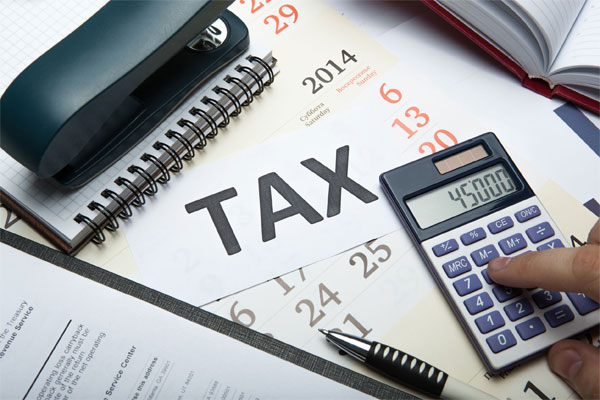When you receive a tax bill, it’s essential to evaluate it thoroughly to ensure its accuracy. It’s not uncommon for errors to slip through the cracks and end up in the hands of taxpayers. If you believe you’ve received an incorrect tax bill, there are steps to take that can help you confirm its accuracy and rectify any potential errors. This article will guide you through the process, helping you understand your tax bill, how to confirm its accuracy, what steps to take if errors are detected, and the legal avenues available to you.
Evaluating Your Tax Bill: Understanding Its Components
Understanding what comprises your tax bill is the first step to determining its accuracy. First, it should include your gross income, which is the total amount of money you’ve earned during a specific tax year. This figure includes wages, interest, dividends, and other forms of income.
Your tax bill should also include a list of deductions. These can be standard deductions or itemized deductions, which can include expenses like mortgage interest, state and local taxes, and charitable donations. If you chose to itemize, each of these deductions should be listed separately.

Next, check for the amount of tax you owe based on your income and deductions. This is typically computed using the IRS’s tax tables or formulas. The tax bill should also show any credits you’re eligible for, which may reduce your tax liability.
Additionally, your tax bill should include any payments you’ve made throughout the year, such as withholdings from your paycheck or estimated tax payments. Finally, look for any penalties or interest added to your bill, often due to late payment or underpayment of taxes.
Steps to Confirm the Accuracy of Your Tax Bill
After understanding the components of your tax bill, the next step is to confirm its accuracy. Begin by double-checking your income figures. Compare the income stated on your tax bill with your financial records, such as pay stubs or bank statements.
Next, review the deductions and credits listed on your tax bill. Compare them with your records to ensure they match. If you’ve itemized your deductions, you’ll need to confirm each one separately.
Check the tax calculation. Compare the tax amount on your bill to what you compute using the IRS tax tables or formulas. If there’s a discrepancy, there may be an error.
Lastly, verify any payments you’ve made throughout the year. Compare these figures with your records to ensure they’ve been correctly applied to your tax bill.
What to Do If Your Tax Bill Appears Incorrect
If you believe your tax bill is incorrect, start by contacting the IRS or your state tax agency. Explain the situation and ask for clarification.
If the agency agrees that there’s an error, they’ll generally rectify it and send a corrected tax bill. However, if they insist the bill is correct, you have the right to dispute it.

To dispute the tax bill, you’ll need to gather supporting documentation to prove your case. This could include financial records, receipts, or other relevant documents.
Once you’ve gathered your evidence, submit it to the IRS or state tax agency. You’ll need to follow their specific procedures for disputing a tax bill.
If the agency reviews your evidence and agrees there’s an error, they’ll correct your tax bill. However, if they still contend the bill is correct, you may need to take legal action.
Legal Avenues to Challenge and Correct Your Tax Bill
- If your tax bill dispute isn’t resolved satisfactorily, you may need to consider legal action. You have the right to take your case to tax court.
- Before proceeding to tax court, you may want to consult with a tax attorney. They can provide advice and guidance based on your specific situation.
- If you decide to go to tax court, you’ll need to file a petition. The court will then review your case and make a determination.
- If the court rules in your favor, the IRS or state tax agency will be ordered to correct your tax bill. If the court rules against you, however, you’ll be required to pay the disputed tax amount.
In some cases, you may have the option to settle your tax bill dispute through mediation or arbitration. This can be a less adversarial and potentially less costly option than going to court.
Understanding and verifying the accuracy of your tax bill is an important aspect of managing your finances. If you believe there’s an error on your tax bill, you have the right to dispute it and, if necessary, take legal action. By following the steps outlined in this article, you can confidently navigate the process and ensure you’re paying the correct amount of taxes. While the process can be complex, remember that there are resources available to help, including tax professionals and legal advisors.
